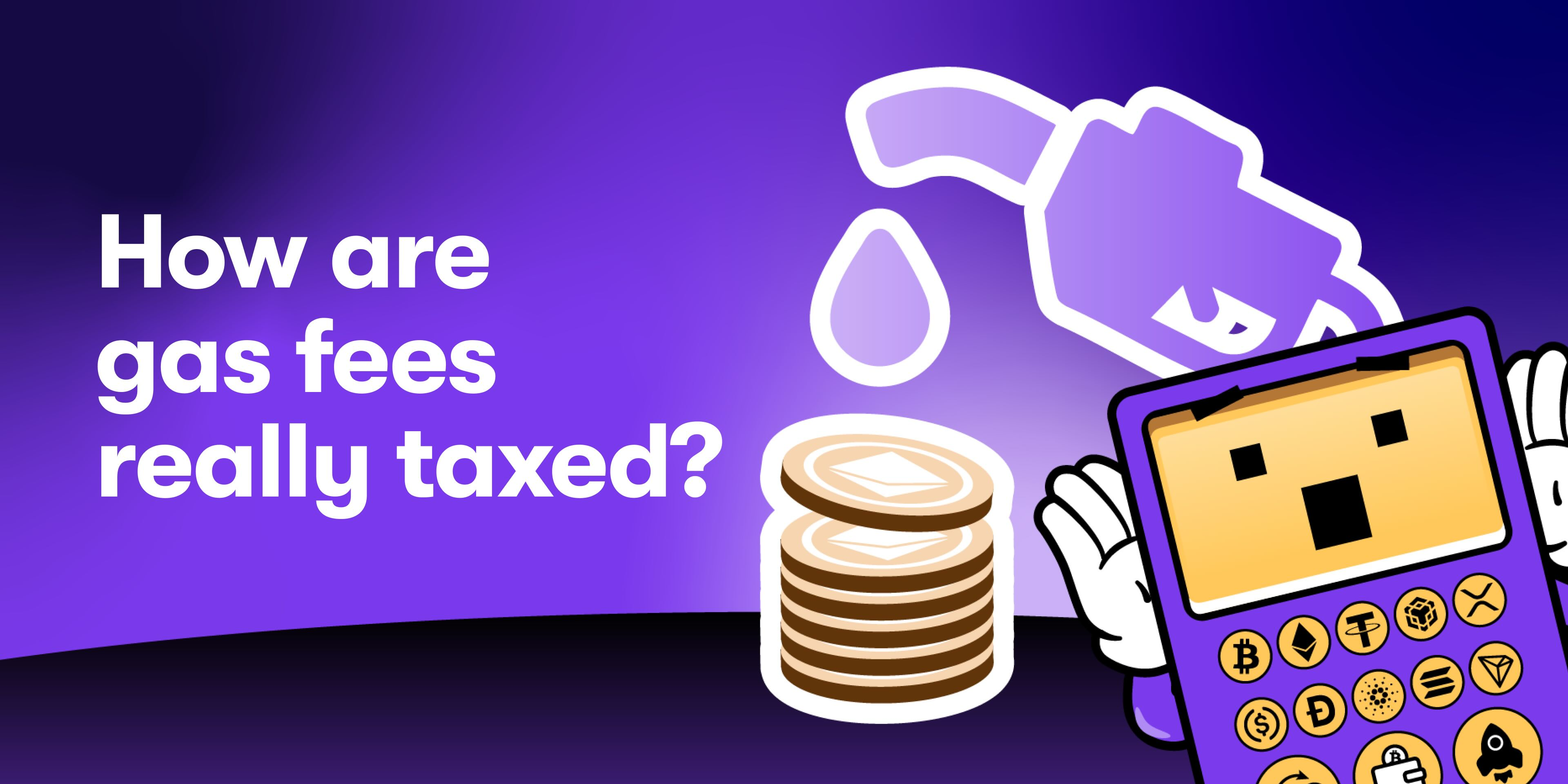Rebase tokens have become one of the newest trends to hit crypto, with projects like Olympus DAO and subsequent forks, like Wonderland Money, all gaining huge popularity due to their high yield offering (generally between 30,000-90,000% APY). As a crypto investor, you may be enticed to join these projects at the thought of growing your investment exponentially. However, it is important to understand all the implications, and why it is extremely difficult to calculate your tax obligations on these tokens.
What is a Rebase Token?
Rebase tokens are crypto assets that have a changing circulating supply, either growing larger (more coins being created) or decreasing (coins get destroyed or 'burnt'). The increase or decrease of the market cap is spread proportionally across token holders.
Example:
A Token X has 1 million tokens in circulation. As a major investor, I hold 10% of the supply, or 100,000 tokens, in my wallet. The project has a rebasing property, and every day, the number of tokens increases by 10%. After 1 day, the number of circulating tokens increases to 1.1 million, and my holdings increase to 110,000, an increase of 10,000, which is still 10% of the supply. After day 2, the supply increases again, to 1.21 million and I now have 121,000 tokens, an increase of 11,000, meaning I still hold 10% of overall supply. This carries on, with the increases (or decreases) compounding on themselves, which can lead to huge token inflation or deflation. Projects that use rebasing generally do it as a reward for token holders, and incentivize investors holding the token rather than selling. It is important to remember that token inflation/deflation can affect token price, especially over the long-run.
Rebase Rewards from Staking
Olympus DAO, and many forks of this project, such as Wonderland Money, have utilized a specific method of distributing rebase rewards to token holders. Token holders in these projects are required to 'stake' their tokens and in return, are given a representative token that accumulates the rebases. In the case of Olympus DAO, staked OHM becomes gOHM (previously sOHM) and for Wonderland Money, TIME becomes MEMO when staked. For these projects, rebases are allocated at the end of each epoch, which is usually every 8 hours (different projects have different epoch lengths). By having frequent epochs, these rebases compound rapidly and lead to displayed returns from 30,000- infinite% a year, drawing in eager investors at the prospect of making outsized returns.
Implications of Rebase Tokens for Reporting
Rebases are determined by a project’s underlying token mechanics, and are not 'distributed' via verifiable approved 'sends' or 'receives' on the blockchain. These rebases are almost impossible to track after-the-fact. If you are an owner of a rebase token (or its staked counter-part), have a look at your address on a blockchain scanner. If you look through your transactions, you will not see any incoming or outgoing transactions to account for the changes in tokens that you have seen in the wallet. For this reason, the Crypto Tax Calculator platform is unable to pull in data from these transactions, and will not be able to account for the rebases that your investments have undergone on each epoch.
Rebase tokens are currently a grey area in most tax jurisdictions, and it is difficult to determine whether the rebases would be considered income, similar to 'staking rewards' or whether the gains would only be realized in a capital gains event such as a buy or sell. To be ready to fulfil your tax obligations, we strongly suggest seeking advice from a tax professional or your tax authority to better understand how to be tax compliant given this complex financial instrument.
{{rebase-tokens-cta-1}}
The information provided on this website is general in nature and is not tax, accounting or legal advice. It has been prepared without taking into account your objectives, financial situation or needs. Before acting on this information, you should consider the appropriateness of the information having regard to your own objectives, financial situation and needs and seek professional advice. Crypto Tax Calculator disclaims all and any guarantees, undertakings and warranties, expressed or implied, and is not liable for any loss or damage whatsoever (including human or computer error, negligent or otherwise, or incidental or Consequential Loss or damage) arising out of, or in connection with, any use or reliance on the information or advice in this website. The user must accept sole responsibility associated with the use of the material on this site, irrespective of the purpose for which such use or results are applied. The information in this website is no substitute for specialist advice.











































































































































































.jpg)




